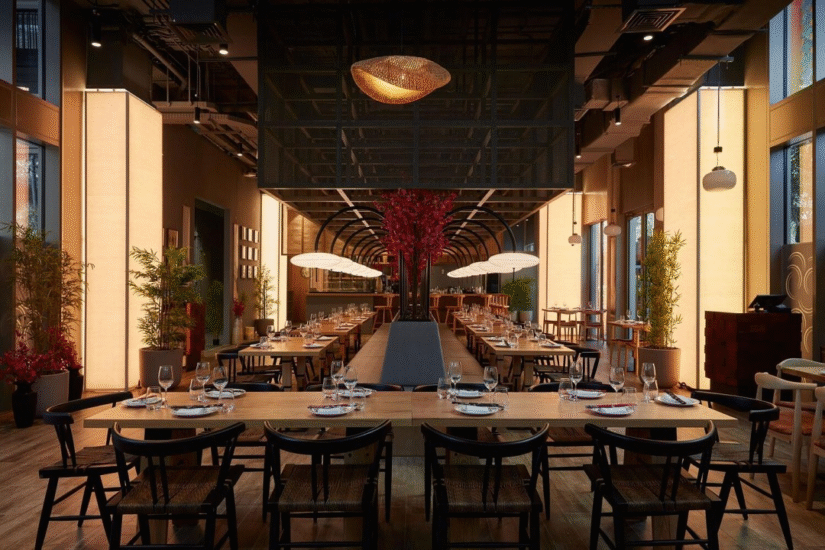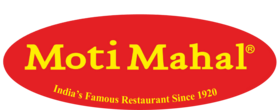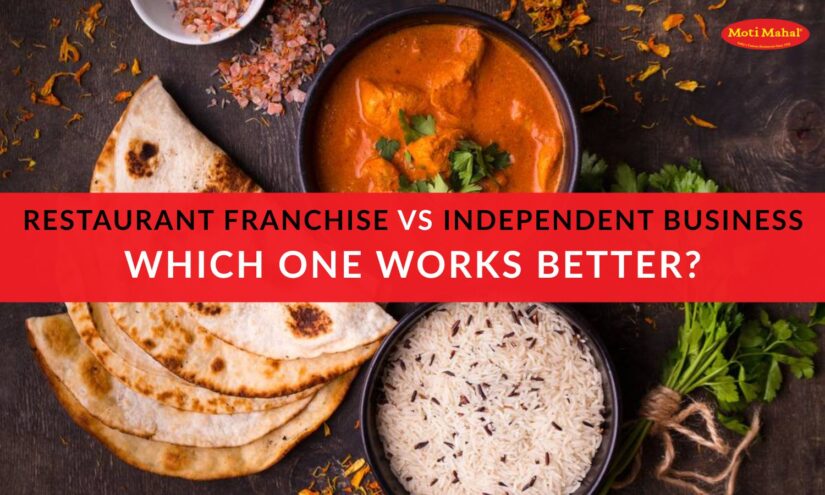Restaurant Franchise vs. Independent Business
Starting a restaurant is one of the most exciting entrepreneurial journeys. But before you get into the kitchen, one of the biggest decisions you’ll face is: Should I invest in a restaurant franchise or start my own independent business?
Both paths have their own pros and cons, and the right choice depends on your personality, risk appetite, and long-term goals. Let’s break it down so you can make a smarter decision.
The Restaurant Franchise Model

A restaurant franchise allows you to operate under an established brand name. You invest in the franchise, follow its systems, and get operational support in return.
Advantages of a Franchise
- Brand Recognition – Customers already know the name, which reduces marketing effort.
- Proven Business Model – The systems are tried and tested, minimizing risks.
- Training & Support – Franchisors offer staff training, audits, vendor tie-ups, and marketing.
- Faster Break-Even – With brand recall and established menus, you may reach profitability sooner.
- Multiple Formats – Many franchises offer models like fine dining, express/QSR, or kiosks to fit your budget.
Challenges of a Franchise
- Royalty & Fees – You pay franchise fees and ongoing royalties.
- Less Creative Freedom – Menus, branding, and operations are standardized.
- Location Sensitivity – A great brand may still struggle if your site isn’t ideal.
The Independent Restaurant Model

An independent restaurant means you build everything from scratch: brand, concept, recipes, systems, and customer base.
Advantages of an Independent Business
- Full Creative Control – From the menu to the décor, every decision is yours.
- No Royalties – You keep all your profits.
- Unique Identity – A strong concept can make your restaurant stand out.
- Flexible Scaling – You decide how fast (or slow) you want to grow.
Challenges of an Independent Business
- Higher Risk – With no brand reputation, attracting customers takes longer.
- Marketing Burden – Building awareness requires time and money.
- Operational Headaches – Vendor sourcing, training, audits, and quality control all fall on you.
- Slower ROI – It usually takes longer to break even compared to a franchise.
Key Factors to Consider Before Choosing
| Factor | Franchise | Independent Business |
| Brand Value | Ready-made reputation | Build from zero |
| Investment | Higher entry cost but faster ROI | Flexible cost, slower ROI |
| Creative Control | Limited | Complete |
| Operational Support | Provided by franchisor | You manage everything |
| Risk Level | Lower (proven systems) | Higher (trial & error) |
| Scalability | Easier through brand’s network | Depends entirely on you |
Which One Works Better?
There’s no universal answer. It depends on what you value more:
- If you want lower risk, faster returns, and strong support, a franchise is the smarter path.
- If you want creative freedom and full control, and you’re ready to take risks, go independent.
Case in Point: Why Many Choose Franchises Like Moti Mahal
For many first-time investors, franchises strike the right balance between independence and support.
Take Moti Mahal, for example:
- A legacy brand credited with introducing Butter Chicken, Dal Makhani, and Tandoori Chicken.
- Multiple franchise models (fine dine, express/QSR, food court, kiosk, and innovative “Trail” concepts).
- A FOCM (Franchise Owned, Company Managed) model where you invest but the company manages operations — ideal if you don’t want day-to-day hassles.
- Strong vendor tie-ups, centralized systems, training, audits, and marketing support.
This way, you enjoy the credibility of a historic brand while minimizing operational headaches.
Learn more here: Moti Mahal Franchise Opportunities
FAQs
Q: Is a franchise always safer than an independent restaurant?
A: Not always, but franchises usually have lower failure rates because they use proven models.
Q: Do franchises require more investment?
A: Yes, initial costs and royalties are higher, but faster break-even often balances this out.
Q: Can I switch from an independent restaurant to a franchise later?
A: In some cases, yes — but it often requires rebranding, menu changes, and compliance with franchisor standards.
Q: Which option is better for tier-2 or tier-3 cities?
A: Franchises with smaller express or kiosk models work well, but independent restaurants with strong local appeal can also succeed.
Q: Do I need restaurant experience to open a franchise?
A: Not necessarily — many franchises provide training and full operational support.
Final Thoughts
Both restaurant franchises and independent businesses can succeed in India’s booming food industry. It comes down to your goals, capital, and appetite for risk.
If you prefer a tested brand, structured support, and reduced operational stress, exploring a Moti Mahal franchise could be a great next step.
Visit Moti Mahal to learn how you can be part of a legendary brand with modern, scalable franchise models.
About Monish Gujral

Monish Lal Gujral is the custodian of the Motimahal global chain of restaurants and the Managing Director of MotiMahal Management Services Pvt. Ltd.
Monish is credited with the trailblazing turn-around of Moti Mahal, from being a small but iconic presence in Delhi, to becoming a multi-national corporation that is well on its way to defining how the world eats Indian food. Mark Manuel (Editor Bombay Times) noted journalist says Mark Manuel Editor Bombay times (2009) Wrote “Monish Gujral is one of modern India’s success stories. In my book he is to Delhi and to rest of India what Rahul Akerkar and Moshe shek are to Bombay : a restaurateur –chef who can cook everything on the menu of his popular chain of Motimahal restaurants , a businessman, a food writer and a gourmet . I know him as a restaurateur and a friend : and , I cannot as yet decide whether I like his food better or his friendship .Probably his friendship, because Motimahal food- its butter chicken, Mata ki daal , roti and kulfi , I can get in 72 cities around India : but not Monish`s genuinely hearty and delightful company .For that , I have to wait till he visits Mumbai


